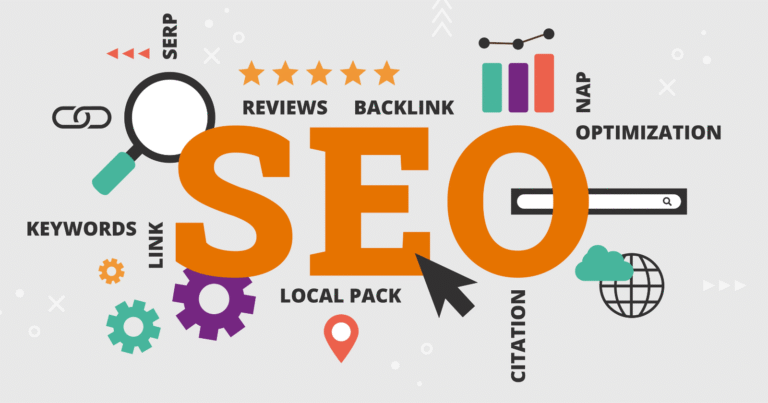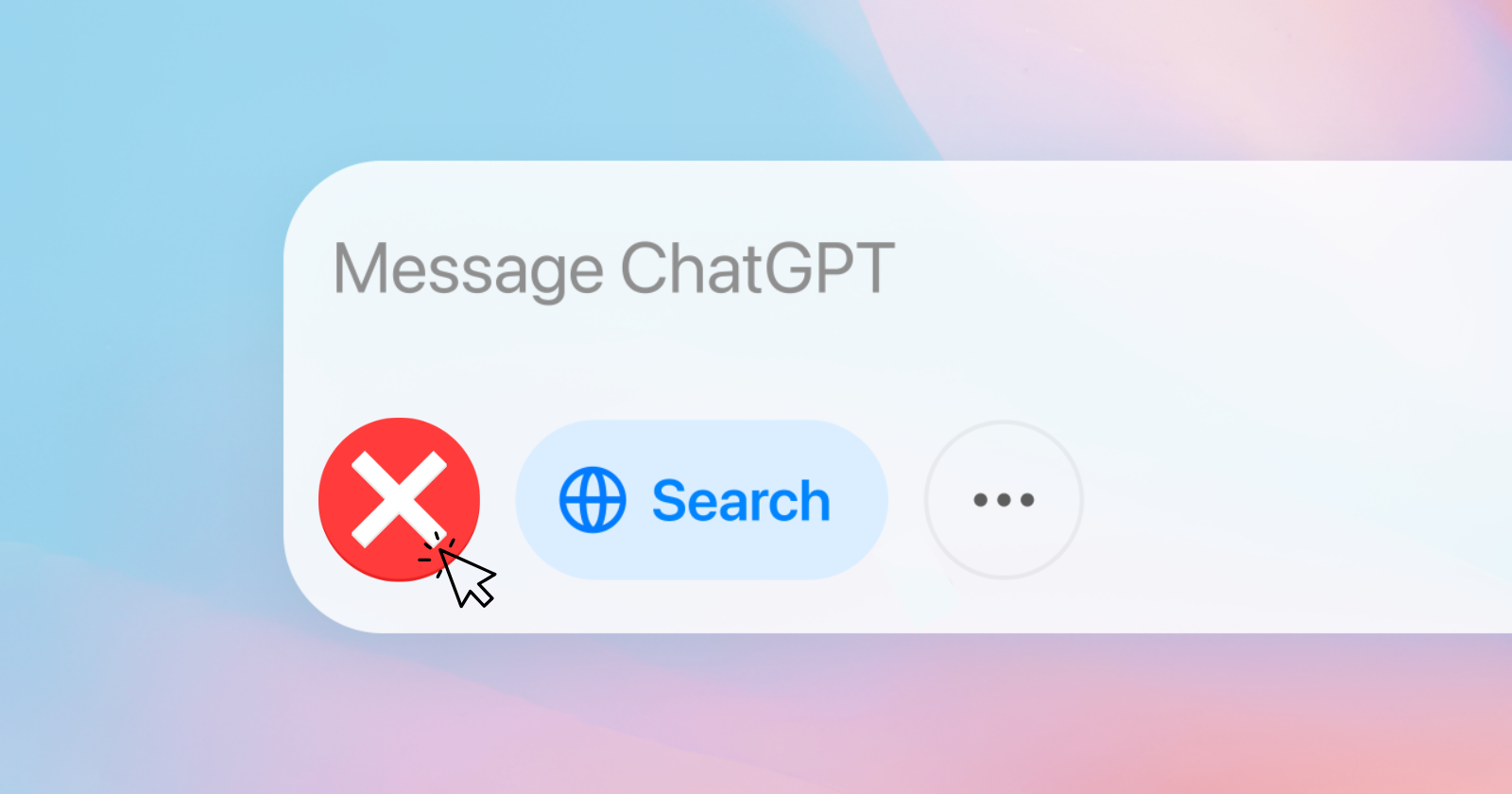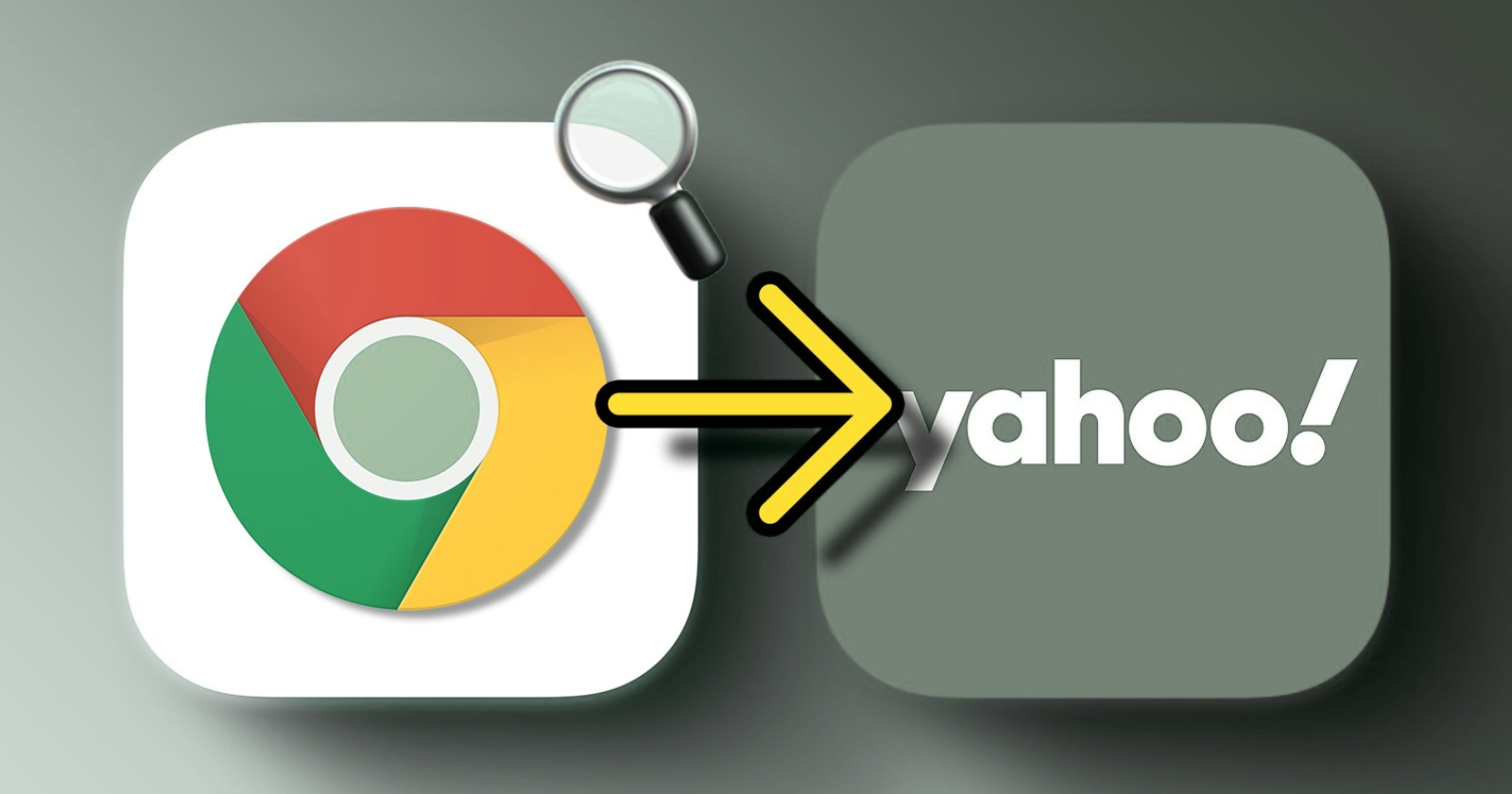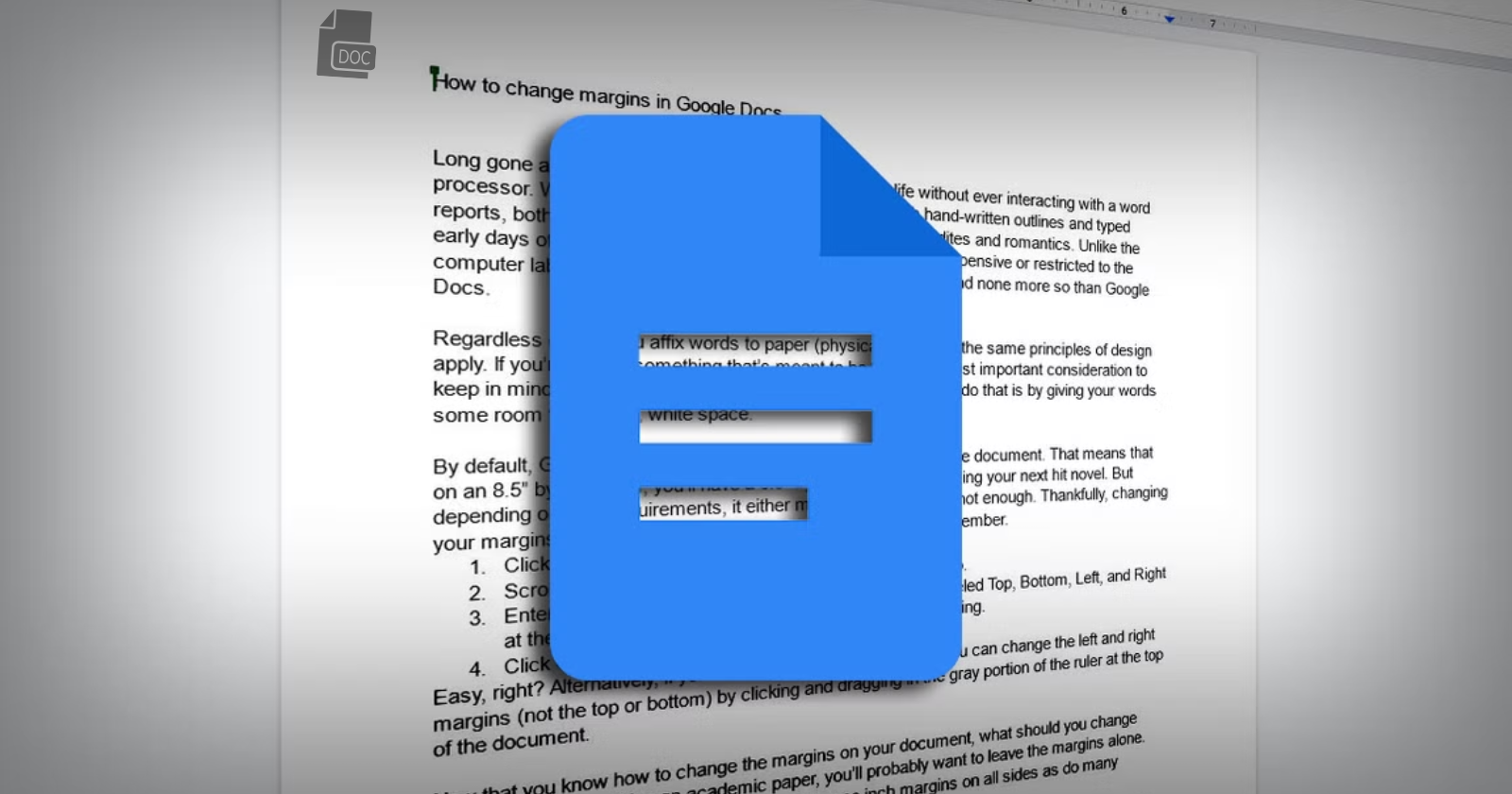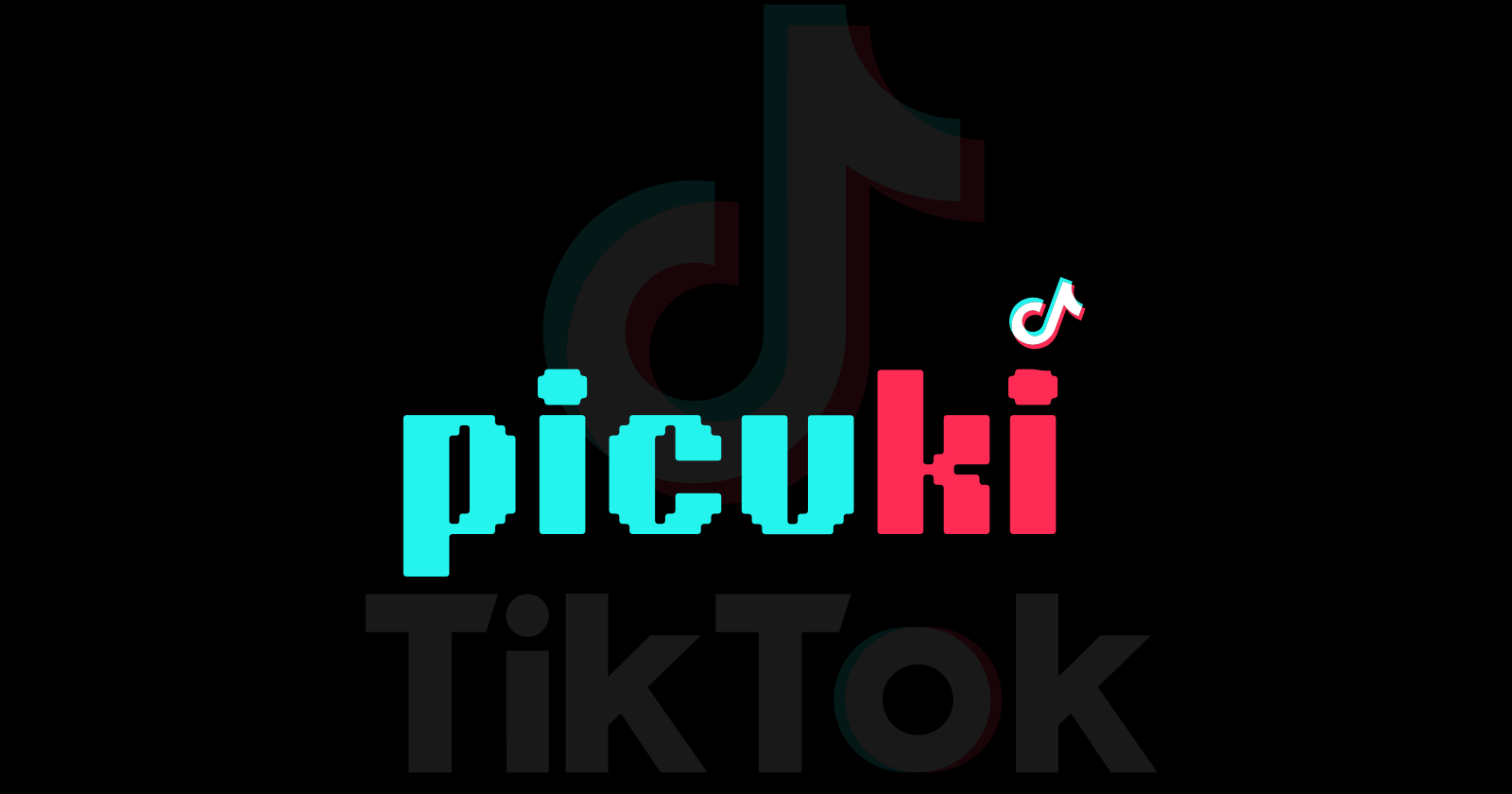In today’s digital age, everyone wants their website to be noticed. Whether you run a small business, a blog, or an online store, showing up on Google is crucial. But how exactly do you make sure your website stands out? That’s where SEO comes into play.
So, what is SEO? Let’s break it down in simple terms.
Understanding What SEO Really Means
SEO stands for Search Engine Optimization. It’s a set of techniques and strategies designed to improve your website’s visibility on search engines like Google, Bing, and Yahoo.
When someone types a query into a search engine, they usually click on one of the first few results. SEO helps your website climb those rankings, making it easier for people to find you online — and more importantly, to trust you.
In short, SEO means making your website more search engine-friendly so that it appears higher in the results when people search for information related to your business, service, or content.
Why is SEO Important?
You might be wondering, why does SEO matter so much?
Here are a few important reasons:
- More Visibility: The higher your website ranks, the more people will see it.
- Builds Trust and Credibility: Websites at the top are often seen as more trustworthy.
- Cost-Effective: SEO focuses on “organic” (unpaid) traffic, saving you money on ads.
- Better User Experience: Good SEO practices also make your site easier and more enjoyable to navigate.
- Long-Term Results: While ads stop working once you stop paying, SEO can keep bringing traffic for months or even years.
In simple words, SEO is like planting a tree. It takes time to grow, but once it does, it keeps providing fruits for a long time.
How Does SEO Work?
Now that we understand what SEO is, let’s talk about how SEO actually works.
Search engines like Google use special programs called “crawlers” or “bots” that browse the internet, gathering information from websites. These bots analyze different aspects of a website — content, keywords, links, loading speed, mobile-friendliness, and much more — to decide where a site should appear in search results.
The process of SEO generally involves three key steps:
1. Crawling
Search engine bots explore the internet by following links, moving from one page to another, and gathering information.
2. Indexing
Once a page is crawled, the search engine stores its content in a giant database called the “index.”
3. Ranking
When someone searches for something, the search engine scans its index and shows the most relevant and high-quality results first.
That’s why optimizing your website helps it perform better during these three steps.
Key Components of SEO
To do SEO well, you need to focus on several important areas. Here’s a simple breakdown:
1. Keyword Research
Keywords are the words or phrases people type into search engines.
Finding and using the right keywords helps connect your content to what users are looking for.
For example, if your article answers the question “what is SEO,” using that phrase naturally in your text tells Google your page is a good match for that search.
2. On-Page SEO
On-page SEO focuses on optimizing everything within your website, such as:
- Writing high-quality, informative content
- Using keywords naturally in titles, headings, and text
- Adding meta descriptions and title tags
- Structuring content with headings (H1, H2, H3, etc.)
- Using internal links between pages
3. Off-Page SEO
Off-page SEO is all about activities outside your website that improve your site’s trustworthiness, like:
- Getting backlinks from other trusted websites
- Being mentioned on social media
- Guest posting on other blogs
Backlinks, especially from high-authority websites, act like votes of confidence for your site.
4. Technical SEO
Technical SEO ensures that your website works smoothly. This includes:
- Fast loading speed
- Mobile-friendly design
- Secure connection (HTTPS)
- Properly structured URLs
- Creating an XML sitemap for easier crawling
5. User Experience (UX)
Modern SEO heavily emphasizes user experience.
A good website should be easy to navigate, attractive, and should load quickly. If users have a positive experience, search engines are more likely to rank your site higher.
6. Local SEO
If you run a local business, local SEO helps you show up in searches near your physical location. This includes optimizing your Google My Business listing and using location-based keywords.
Common SEO Strategies
There are many ways to improve your SEO, but some tried-and-tested strategies include:
- Writing blog posts around specific topics
- Updating old articles to keep them fresh
- Creating engaging videos or infographics
- Answering popular questions your audience might have
- Building relationships to get more backlinks
The key is to stay consistent and always think about your visitors first.
If your content is helpful, search engines will notice.
How Long Does SEO Take?
One thing to remember is that SEO is not a quick fix. It often takes 3 to 6 months to start seeing significant results, and even longer for competitive keywords.
However, once your website establishes authority, it becomes easier to maintain high rankings.
SEO is a marathon, not a sprint — but the long-term rewards are absolutely worth it.
Final Thoughts: Why You Should Care About SEO
If you were wondering what is SEO, now you know: it’s the art and science of helping people find your website when they need it most.
Good SEO not only boosts your visibility but also builds trust, enhances user experience, and drives continuous, organic traffic.
Whether you’re just starting a blog, launching a new product, or running an established business, investing in SEO is one of the smartest decisions you can make.
The earlier you start optimizing, the sooner you’ll see results — and the longer you’ll stay ahead of the competition.
So, start learning, start optimizing, and start growing today!

